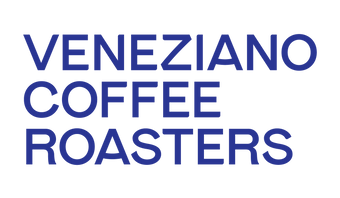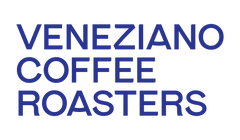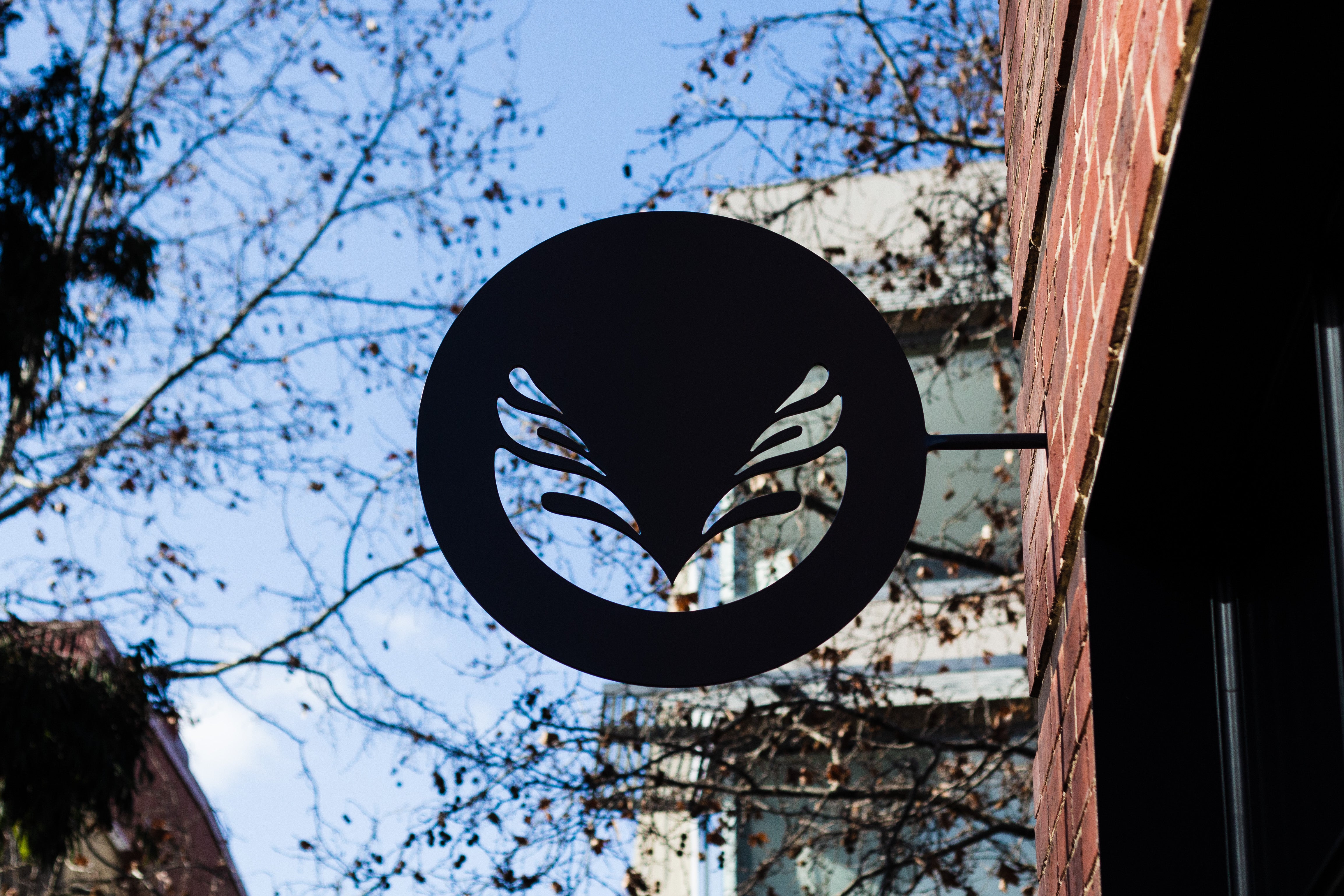“Thank you for the well, but if you had paid me a fair price for my coffee I could have built it myself.”
These words, spoken by a Mexican coffee farmer 25 years ago sparked an idea. This idea grew in to a global movement that today is known as Fairtrade.
In 2016, the Fairtrade system operates in 74 countries around the world, working with over 1.65 million farmers and workers. The principles at the core of Fairtrade’s work remain the same; to help farmers and workers improve their lives and determine their own future by ensuring they are paid fairly for their products.
What does Fairtrade certification actually mean and how does it work?
Fairtrade benefits small-scale farmers and workers by facilitating links to international markets through the development of supply chains. Fairtrade supports farmers and workers to gain more from trade, to help them become empowered and determine their own futures. Ultimately Fairtrade is an alternative approach to trade that is based on partnership; partnership between those who grow products and those who consume them. There are three key features of the Fairtrade System: the Minimum Price, the Premium and producer ownership.
For most Fairtrade goods there is a Fairtrade Minimum Price which is set to cover the cost of sustainable production for that product in that particular region. This acts as a vital safety net for farmers and workers and protects them from dangerous fluctuations in global market prices. If the market price for that product is higher than the Minimum Price, then producers will receive the market price. This means that Fairtrade farmers know they are always getting a fair price.
Over and above the Fairtrade Minimum Price, the Fairtrade Premium is an additional sum of money which goes into a communal fund for workers and farmers to use – as they see fit – to improve their social, economic and environmental conditions. Producers determine what is most important to them; whether this is education for their children, healthcare, improving their businesses or building vital infrastructure such as roads and bridges for their community.
The Fairtrade System seeks to go beyond aid to partnership, were we can grow and learn together. The voices, knowledge and opinions of producers and workers are crucial and a powerful driver of the Fairtrade approach. As such, producers have 50% ownership of the system, right to the very top on the international board.
Fairtrade & Coffee
There are 812,000 small-scale Fairtrade coffee farmers in 445 small producer organisations throughout 30 countries around there world. Overall. In 2014, these coffee farmers received $72 million AUD in Fairtrade Premium funds.
Veneziano’s Pure blend, uses Fairtrade beans sourced from Mexico, Ethiopia and Peru to create the coffee you enjoy. In Ethiopia they are working with members of Oromia Coffee Farmers’ Cooperative Union (OCFCU). The members of OCFCU are dedicated to promoting environmental stewardship and social justice, within their communities and in everything they do. With Fairtrade’s help, eco-friendly machines to prepare washed coffee have been purchased and training sessions on sustainable farming were coordinated. In addition, more than 15 schools have been built, four local health clinics have been established and over 56 water stations providing clean drinking water now exist. These projects are some of the tangible outcomes of Fairtrade certification, but the wider impact these have are far reaching. In the words of one OCFCU member, Mengesha Wocho,
“My home has totally changed, my personal health and income have improved and I’m expanding my farmland. We now have a shop the co-operative established where we can buy goods and a school constructed by Fairtrade benefits.”
Recently OCFCU has been part of Fairtrade’s pilot project for Fairtrade Carbon Credits. This project has helped improve livelihoods, as well as combatting deforestation and improving health outcomes. To find out more, watch here.
Taking Action by Supporting Farmers
Every day you can choose to support farmers and workers. Each time you walk down a supermarket aisle or buy your morning cup of coffee by choosing Fairtrade certified products you are making your purchase count.
This May your cup of coffee can count for even more. May 13th to 15th is the World Fairtrade Challenge. This is a global effort to support Fairtrade farmers and raise awareness of the impact of climate change on coffee farmers worldwide. All you have to do is drink Fairtrade coffee. Yep, it’s that easy!
Get together with friends, family and colleagues, drink Fairtrade coffee and register your cups drunk at www.fairtradechallenge.com.au



